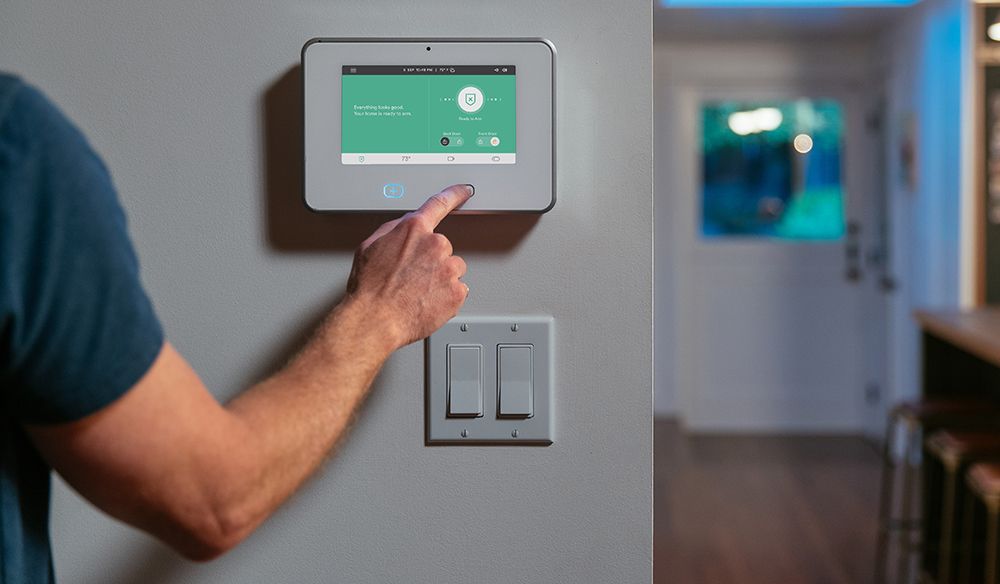To ensure maximum home security, we need to understand that home security is not all about the products and security systems. A home is considered as one’s safe place and home security aims at protecting that safety throughout. It is also required in cases where premises have been broken into to restore their safety and avoid any further break-ins due to the security breach. The threats surrounding a home are unexpected and come from anywhere. The only comfort for most homeowners is that the various threats to a home are identifiable and one can work towards warding the threats off. Home security systems offer protection to the residents, the property, and the peace of those living in the property. Integration of high decibel alarms helps to ensure that the alarms are loud enough to notify both the occupants of the house and the neighbors.
Benefits of home security systems
- Deters burglars.
- Reduced home insurance premiums
- Protection
- Convenience and energy savings
- Features of the best home security
How home security systems work
Home security systems secure all entry points to a property. It has sensors that communicate to the control panel in case of any movements. The control panel is a computer that communicates to the different parts of the system, triggers the alarm systems, and alerts the required authority. Motion sensors can also be used to protect areas of the property that need maximum security such that the alarm is sounded whenever there is any intrusion. Surveillance cameras can also be part of the security system. They are accessible remotely on user devices such as tablets, phones, and computers. The property owner can be able to track any activities within the area from wherever they are and record any occurrences for use in case of breaches and burglars.
The best type of home security system is easy to install, has a user-friendly interface, and provides a homeowner with a variety of features and integrations. They also do not require any contract to use. Below are some features to look for in a home security system.
- Connectivity with other devices such as a smartphone.
- Flexible contract timelines i.e., no contract needed.
- The cost and features of the system balance well.
- Has a professional monitoring option.
- Provides the correct installation that will meet your needs.
- Battery backup in case of a blackout
- A selection of communication protocols within the system allowing home automation.
Conclusion
Depending on the type of security a homeowner needs they can choose between professional DIY home security systems. Monitoring the system on your own, however, means that you have to contact the necessary authority on your own whenever the alarm goes off. Several security systems are suitable, and a variety of individual devices can be integrated into the system to help monitor the system even when absent. Systems with additional security and connection features make the monitoring and control of the system easier.




